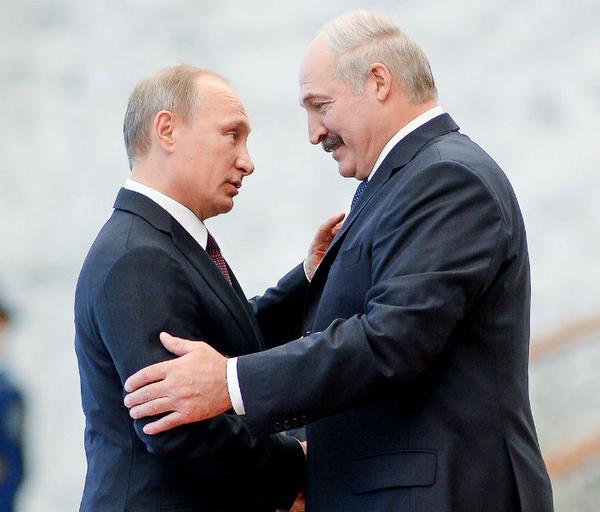Vladimir Putin told Russian military leaders yesterday that Moscow now estimates that there are some 4,000 Russian citizens and 5,000 citizens of other CIS countries fighting for ISIS in Syria and that in the event that they return home from the Middle East, they constitute a serious threat for Russia.
That is why defeating ISIS in Syria is so important, he suggested in what appears to be his latest effort to mobilize Russian public opinion behind his military actions there. But there are two facts that the Kremlin leader chose not to mention in the course of his remarks.
On the one hand, these new figures are significantly larger than the ones he and other senior Russian officials have given in the past. In October 2015, for example, Putin himself put the total number of ISIS fighters from Russia and the CIS state taken together at between 5,000 and 7,000.
And on the other hand, Putin did not acknowledge what more junior Russian officials have confirmed in the past. The Kremlin played a key role in the departure of many people from the North Caucasus into the ISIS ranks earlier when in order to avoid a possible terrorist incident at the Sochi Olympiad, the FSB actually encouraged and assisted radicals to leave the country.
“All of this is a direct threat to Russia,” Putin said, “and our military personnel in Syria are first of all defending their own country. Our actions there are not dictated … by abstract geopolitical interests or the desire to train and test new arms systems.” Instead, they are about “blocking a threat” to Russia itself.
Related:
- Putin 'played no less role' in creation of ISIS than Stalin did in rise of Nazis, Shmulevich says
- FSB defector's claims about Moscow's ties to ISIS consistent with other evidence, Kirillova says
- Putin and ISIS have 'common goals and resemble one another,' Eidman says
- Putin said plotting a new refugee crisis to influence EU elections
- Brexit, Putin, and ISIS nexus: geopolitical and security dimensions
- Ethnic Russians converting to radical Islam and recruited to ISIS in Russian prisons, Silantyev says




